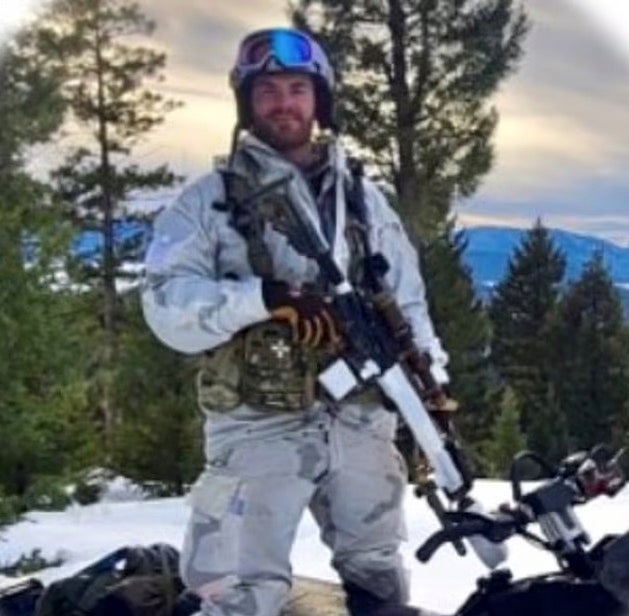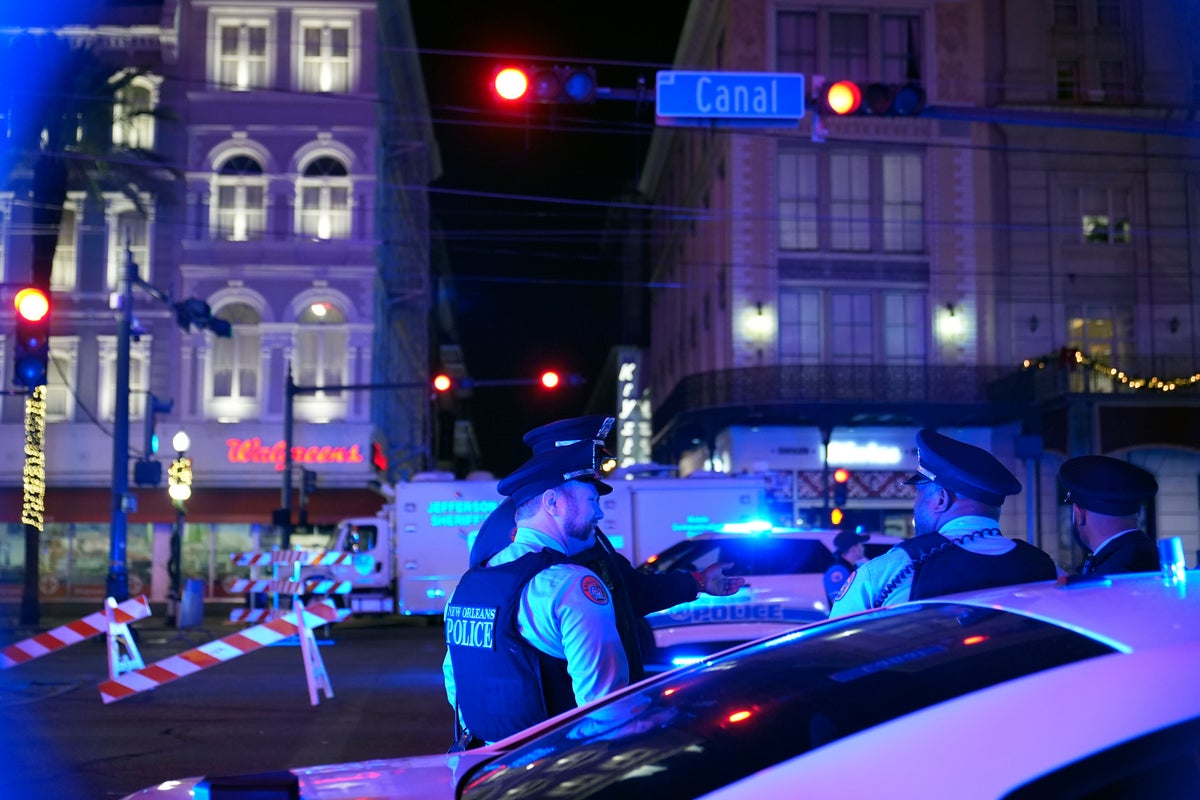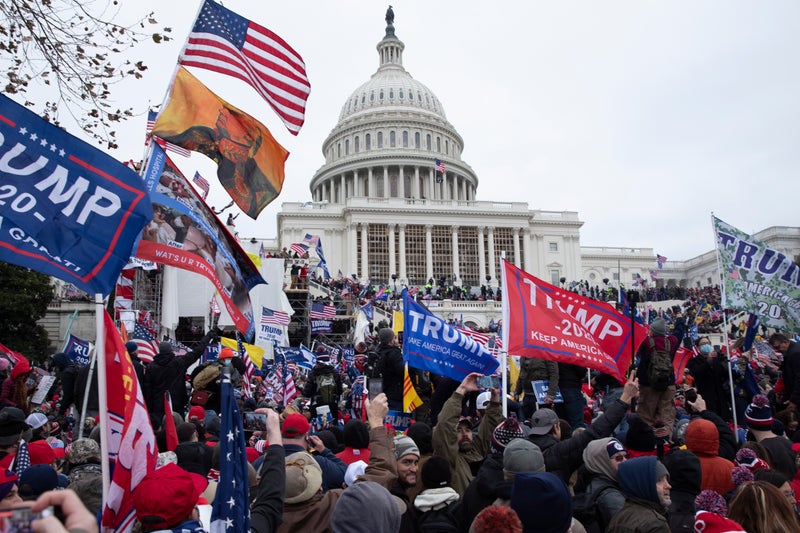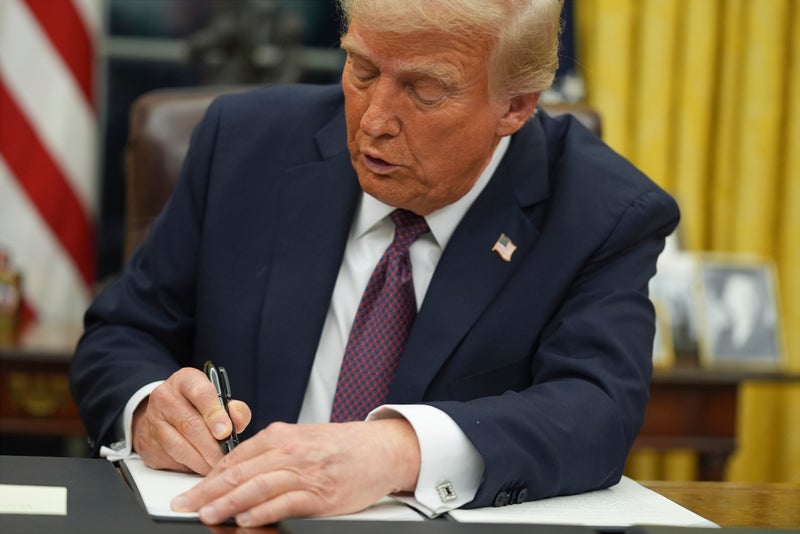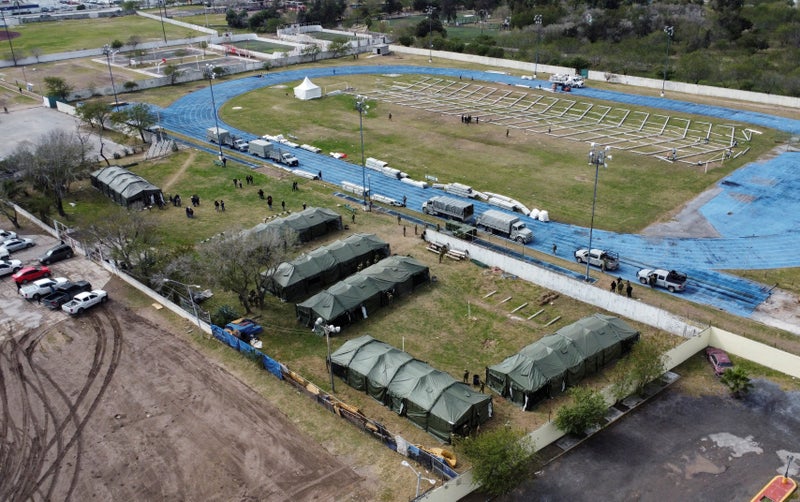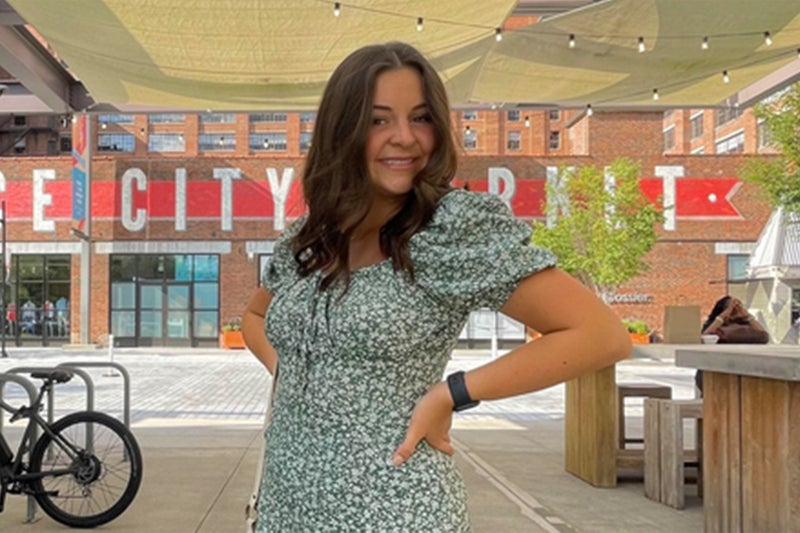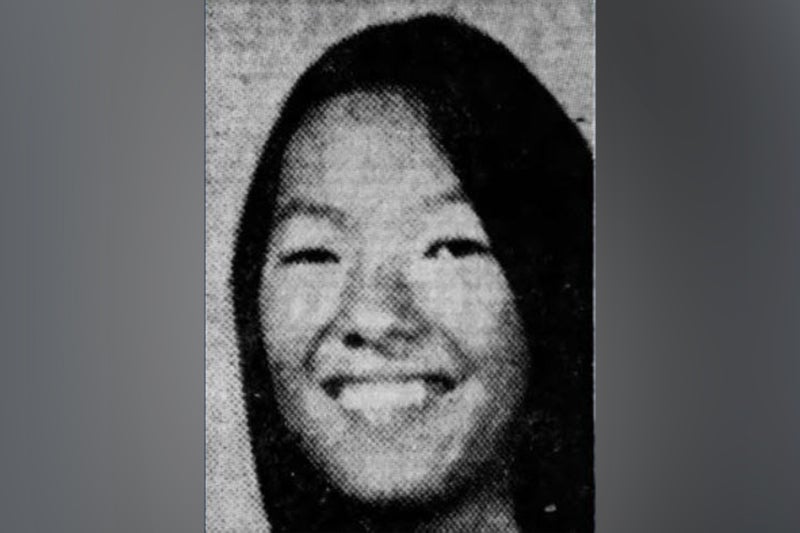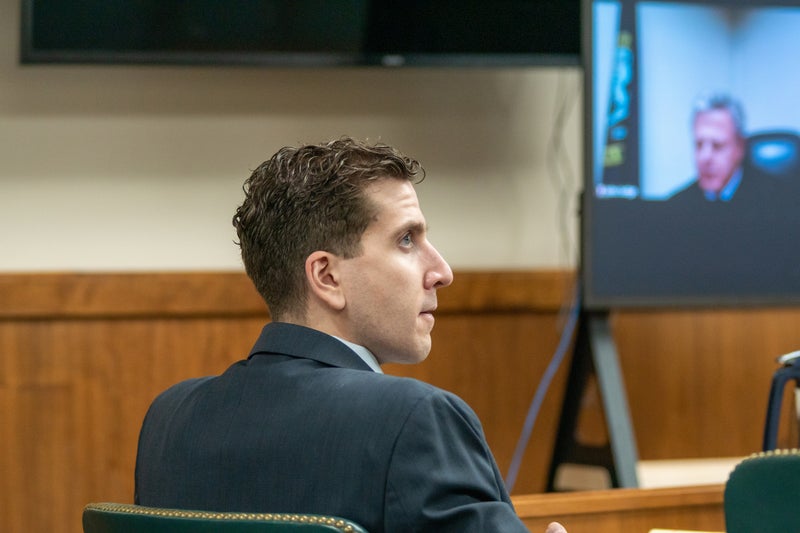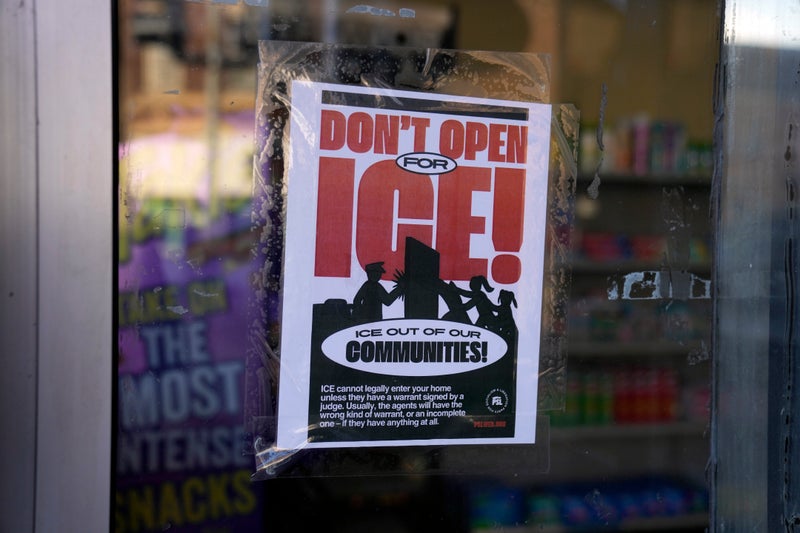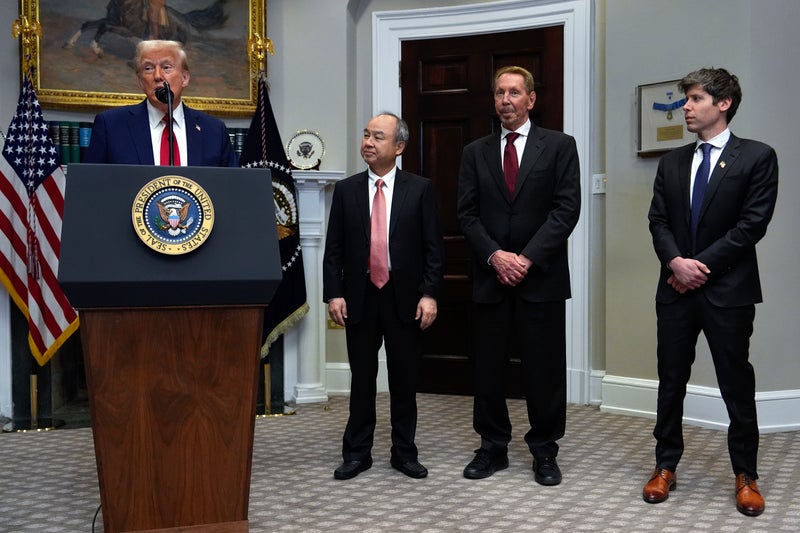After New Orleans and Vegas attacks by veterans, what will Trump do about extremism in the military?
Share:
Veterans aren’t more likely to hold extremist views — but they are more likely to act on them, experts tell Josh Marcus. On January 1, two domestic terror attacks rang in the new year — and the coincidences were hard to miss. In New Orleans, Shamsud-Din Jabbar drove a truck into a crowd of revelers in the early morning hours of New Year’s Day, killing 14, and died after a firefight with police. He also planted improvised explosive devices around the French Quarter that never detonated. Later that morning, Matthew Livelsberger drove a Tesla Cybertruck filled with explosives outside of a Trump hotel in Las Vegas, fatally shooting himself moments before the vehicle exploded.
![[Studies suggest veterans don’t hold disproportionately high rates of extremist beliefs, but military extremists are more likely to act on these ideas]](https://static.independent.co.uk/2024/06/29/00/Military_Doctor_Sexual_Abuse_52800.jpg)
Both men had backgrounds in the U.S. Army, with Jabbar serving until 2020, and Livelsberger remaining on active-duty in Colorado following a decorated career in the elite Green Beret special forces unit. Both men had deployed to Afghanistan. Both had even served at the same base in North Carolina.
![[Military members’ weapons training, planning experience, and bravery all make them more dangerous if they turn to extremism, according to researchers]](https://static.independent.co.uk/2025/01/03/19/Trump-Hotel-Fire-Las-Vegas_79442.jpg)
The twin truck attacks raise the question: does the military have an extremism problem? And if so, what can be done to stop it?. Those with backgrounds in the military appear no more likely to hold extreme views than the rest of the country. He asked about their support for a range of ideologies, from right-wing causes like QAnon and the racist Great Replacement theory to left-wing ones like antifa and Black nationalism.
![[Donald Trump has vowed to go after ‘woke’ generals, and has suggested a defense secretary pick accused on extremism himself]](https://static.independent.co.uk/2025/01/10/19/TRUMP-IMPUESTOS_26394.jpg)
“We found that support for those ideologies or for those groups was the same or lower than the overall U.S. population, suggesting that veterans don’t necessarily ideologically or group-wise have a disproportionate baseline vulnerability to get radicalized or recruited,” he told The Independent.
![[Trump defense secretary pick Pete Hegseth is accused of calling for the death of all Muslims and having extremist, Crusader-inspired tattoos]](https://static.independent.co.uk/2024/11/15/23/newFile-1.jpg)
